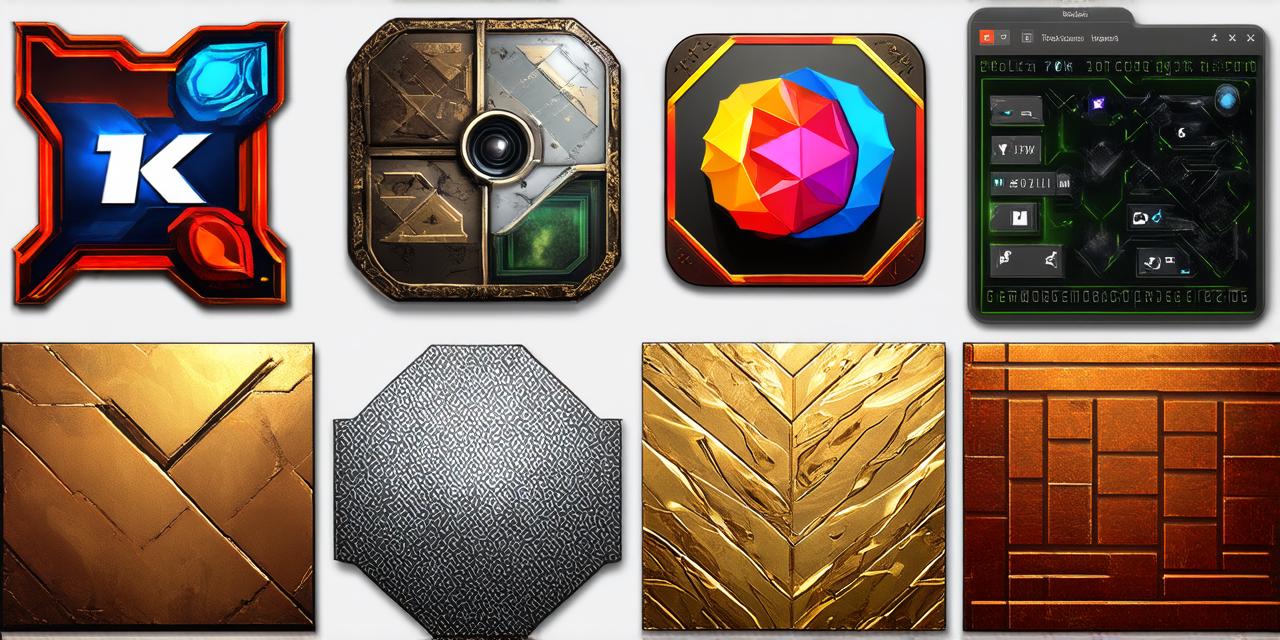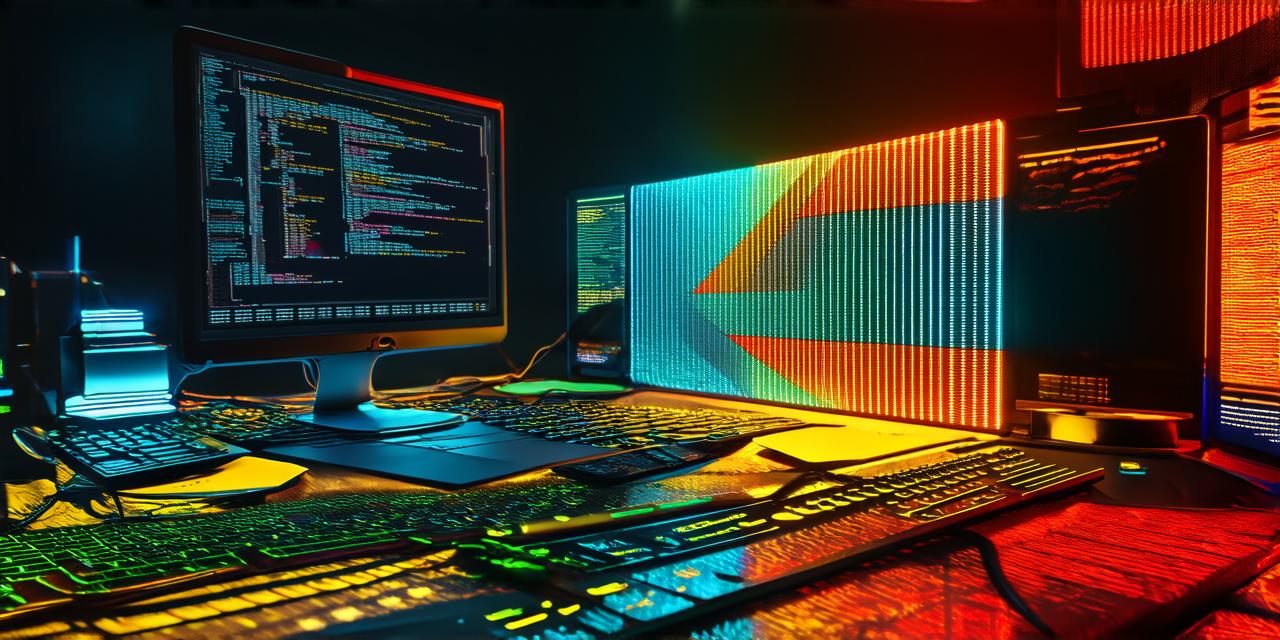As a game developer, you understand that creating a successful game requires a lot of hard work and attention to detail. From game mechanics to graphics, every aspect of your game must be optimized for maximum engagement and enjoyment by players. However, there are some essential game development requirements that you need to know before diving into the world of game development.
1. Define Your Game Concept
The first step in game development is defining your game concept. You need to determine what your game is about, who your target audience is, and what makes it unique. This will help you to create a clear and focused game design that resonates with your players. It’s essential to have a solid idea of what your game aims to achieve before moving on to the next stage of development.
2. Create a Game Design Document
Once you have defined your game concept, it’s time to create a game design document (GDD). This document outlines all aspects of your game, from game mechanics to character designs and storyline. A well-written GDD helps you to stay organized and focused throughout the development process, ensuring that everyone involved in the project is on the same page. It also makes it easier for investors and publishers to understand your vision for the game.
3. Develop a Prototype
The next step in game development is developing a prototype. A prototype is a basic version of your game that you can use to test out different features and mechanics. It’s essential to create a prototype as early as possible in the development process, as it helps you to identify any issues or bugs before investing too much time and resources into the project. By testing your prototype with real players, you can get valuable feedback and make necessary changes to improve your game.
4. Choose the Right Game Engine
The choice of game engine is a critical decision in game development. There are many different game engines available, each with its unique features and capabilities. Some popular game engines include Unity, Unreal Engine, and CryEngine. When choosing a game engine, you need to consider factors such as your game’s complexity, graphics requirements, and platform compatibility. You should also consider the support and community available for the engine you choose.
5. Hire the Right Team
Creating a successful game requires a team of skilled professionals with different expertise areas. Some essential roles in a game development team include game designers, programmers, artists, and sound engineers. When hiring your team, it’s crucial to find individuals who share your vision for the game and have experience working on similar projects. You should also consider the team’s portfolio and track record to ensure that they have the necessary skills and experience to deliver a high-quality product.
6. Plan Your Game Release Strategy
The release of your game is just as important as its development. You need to plan your game release strategy carefully, taking into account factors such as timing, marketing, and distribution channels. A well-planned release strategy can help you generate buzz around your game and increase its visibility in the marketplace. You should also consider offering incentives for early adopters, such as discounts or exclusive content, to encourage people to purchase your game.
7. Test Your Game Thoroughly
Testing is an essential part of game development. You need to test your game thoroughly to ensure that it’s bug-free and runs smoothly on different platforms. You should also test your game with a diverse group of players to get feedback on its usability, graphics, and overall user experience. By testing your game thoroughly, you can identify any issues or bugs before they become significant problems for your players.
8. Market Your Game Effectively
Marketing is critical to the success of your game. You need to develop a marketing strategy that resonates with your target audience and generates interest in your game. This could include social media campaigns, influencer collaborations, and targeted advertising. You should also consider offering demos or trials of your game to encourage people to try it out before they buy it.
9. Launch Your Game on Multiple Platforms
Launching your game on multiple platforms can help you reach a wider audience and increase your revenue potential.



